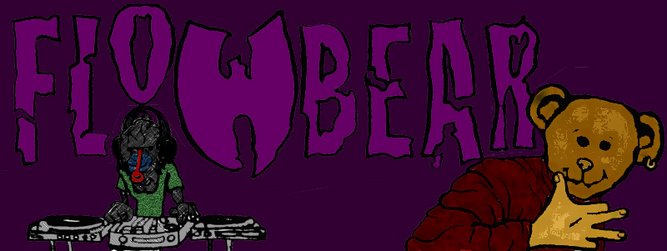The dirty curve
One of my favorite things about studying English Lit is the way everybody pretends that certain passages aren't dirty, like Hamlet talking about "country matters" with his head in Ophelia's lap, or that one time John Donne "love's pinnace overfraught."
It's a boat, see? A pinnace... is a boat. So, he put too much stuff... in his boat, so it got too... heavy. And it flipped over?
But even better is when a passage, through no fault of its own, comes off as just plain filthy dirty simply by merit of its dated antiquity. Like this paragraph from Agnes Gray. In a vacuum, without context, it's either:
1) A really fucking weird passage about a promiscuous woman contemplating giving up sex with other women -- she's taken her last walk in the garden, by god -- but still struggling with whether or not she's actually a lesbian. Or,
2) About a guy who's going to stop dressing as a woman, which he does in order to fool around with lesbians. Except for maybe a few "hasty visit[s] at Christmas." (One would have to wonder why he could not "easily disguise" his "sadness" with a kitten in his lap. RAOW!) Or,
2) Something entirely different.
"My dear friends looked so sad, and spoke so very kindly, that I could scarcely keep my eyes from overflowing: but I still affected to be gay. I had taken my last ramble with Mary on the moors, my last walk in the garden, and round the house; I had fed, with her, our pet pigeons for the last time -- pretty creatures that we had tamed to peck the food from our hands: I had given a farewell stroke to all their silky backs as they crowded into my lap. I had tenderly kissed my own peculiar favorites, the pair of snow-white fantails... And, perhaps, when I did see these things again it would be with different feelings: circumstances might be changed, and this house might never be my settled home again. My dear little friend, the kitten, would certainly be changed: she was already growing a fine cat; and when I returned, even for a hasty visit at Christmas, would, most likely, have forgotten both her playmate and her merry pranks. I had romped with her for the last time; and when I stroked her soft bright fur, while she lay purring herself to sleep in my lap, it was with a feeling of sadness I could not easily disguise."
There's totally more, but that's probably enough. I AM going to write a story with the phrase "sadness I could not easily disguise" directly in reference to an erection, though. That much I know.


3 comments:
Who the hell is pretending John Donne's not dirty? What philistines are you fraternizing with, boss?
HOLY SONNETS.
XIV.
Batter my heart, three-person'd God ; for you
As yet but knock ; breathe, shine, and seek to mend ;
That I may rise, and stand, o'erthrow me, and bend
Your force, to break, blow, burn, and make me new.
I, like an usurp'd town, to another due,
Labour to admit you, but O, to no end.
Reason, your viceroy in me, me should defend,
But is captived, and proves weak or untrue.
Yet dearly I love you, and would be loved fain,
But am betroth'd unto your enemy ;
Divorce me, untie, or break that knot again,
Take me to you, imprison me, for I,
Except you enthrall me, never shall be free,
Nor ever chaste, except you ravish me.
mmm, and let's not forget about this sexy number:
Marke but this flea, and marke in this,
How little that which thou deny'st me is;
It suck'd me first, and now sucks thee,
And in this flea, our two bloods mingled bee;
Thou know'st that this cannot be said
A sinne, nor shame nor losse of maidenhead,
Yet this enjoyes before it wooe,
And pamper'd swells with one blood made of two,
And this, alas, is more then wee would doe.
- John Donne, "The Flea" (1633)
Post a Comment